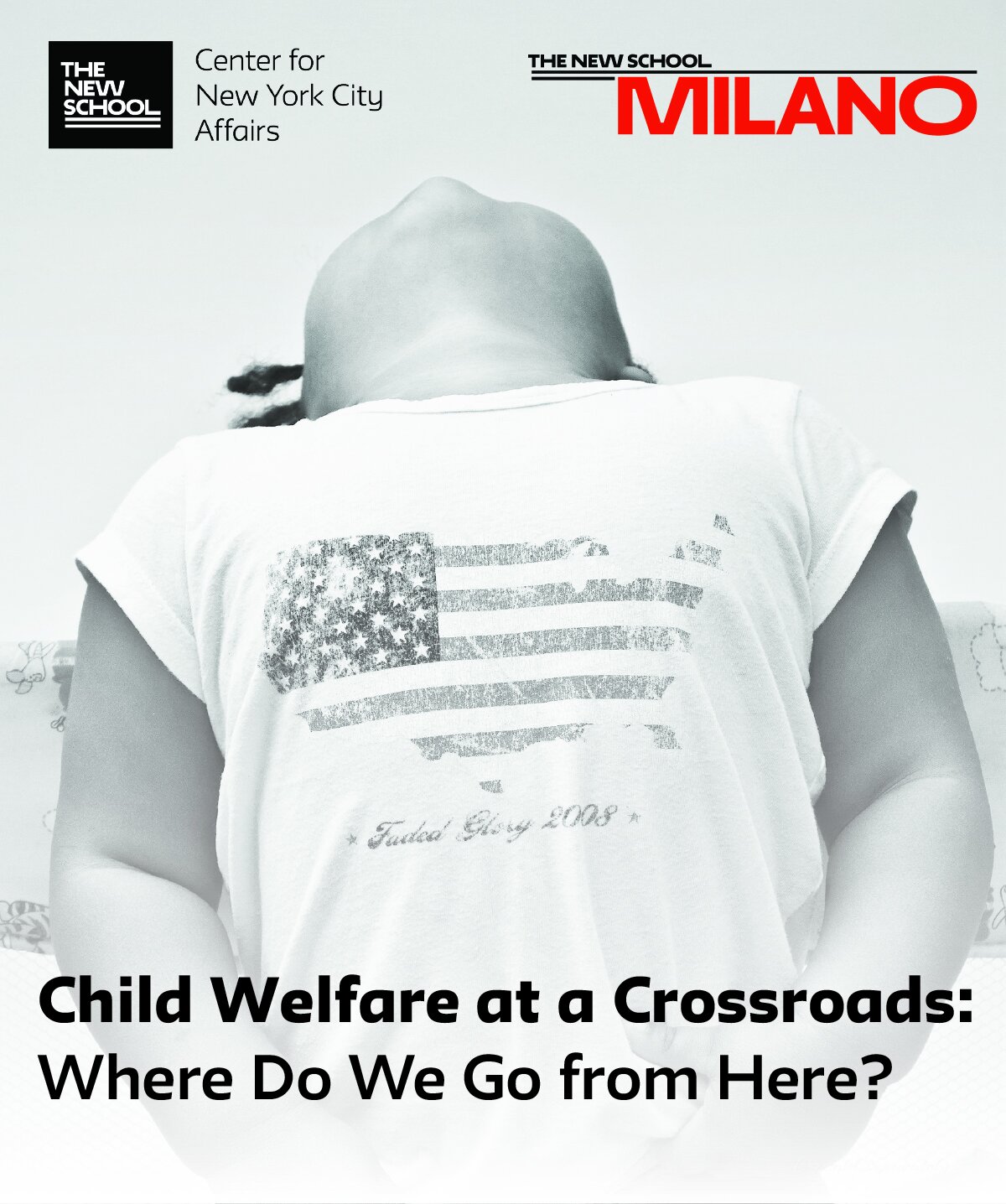“From Crisis to Opportunity: A Policy Agenda for an Equitable NYC” lays out a plan to get all New Yorkers back on their feet post-pandemic.
Read MoreThe Astoria Project survey captures the multi-dimensional impact on a single New York City neighborhood during the Covid-19 pandemic, bringing together economic findings, reflections on health and mental health effects, and new perceptions of risk now enveloping routine daily activities. From professional salaried employees to low-income gig workers, and workers in hospitality to those in health care, the pandemic has taken a toll on the economic, health, and psychological well-being of residents across the borough. The Astoria Project survey identifies the economic and social needs that the city will have to address in order to rebuild after Covid-19 as a more inclusive and equitable place for living, working, and thriving.
Read MoreNew York City's next mayor will oversee the 7,000 employees of the nearly $3 billion Administration for Children’s Services (ACS), taking charge as the City recovers from the devastation of the coronavirus pandemic and responds to the public’s ever-growing demand for racial justice. So far, the leading candidates have been largely silent about how they will handle that piece of the job.
In an effort to hear more, the nonprofit news outlet The Imprint and the Center for New York City Affairs conducted a joint survey of the leading candidates. Six candidates responded to questions about how they would address racial injustice in the child welfare system, care for transition-age foster youth, and address the role poverty plays in separating parents from their children. Although they mostly emphasized their broader anti-poverty plans, some provided their most detailed and substantive public remarks thus far on the child welfare system.
Read MoreThe next wave of City leadership will have a unique opportunity to impact schools. This report looks at what worked and didn’t over the last 20 years of NYC education reform, and offers concrete recommendations moving forward.
Read MoreAfter years of broken promises – and with billions of desperately needed federal aid dollars on the way – New York State has an unprecedented opportunity this year to patch up its broken system of care for kids with mental health problems. But with the State budget due on April 1st, even the best-case proposals now working their way through Albany offer limited hope that Governor Cuomo or the State Legislature will finally make good on their word.
Read MoreA joint report with the NYC Employment & Training Coalition provides insight into the struggles and accomplishments of the workforce development sector in the economic landscape of the past year’s job losses, dramatic shifts in patterns of work, and the unequal and disproportionate consequences the pandemic had for the most vulnerable New Yorkers, as well as highlights the various ways workforce organizations have pivoted to and developed new digital infrastructures to continue to train and connect people to employment throughout the pandemic.
Read MoreNew York City lost 750,000 payroll and self-employed/independent contractor jobs on average between the months of February and December in 2020. The loss for the entire year was the worst single-year city job decline since the 1930s. The partial rebound since last spring has been called a K-shaped recovery for good reason; many in the bottom half of the economy have lost jobs or earnings and are experiencing severe housing and food insecurity, while most of those in the top half retain their jobs, and many have seen their financial assets rise in value. The city’s underemployment rate is 25 percent. This report examines the Covid-19 economic and employment impact in New York City, including the demographic and industry contours of the job market effects and how the pandemic has exacerbated wage and income inequality.
Read More



















